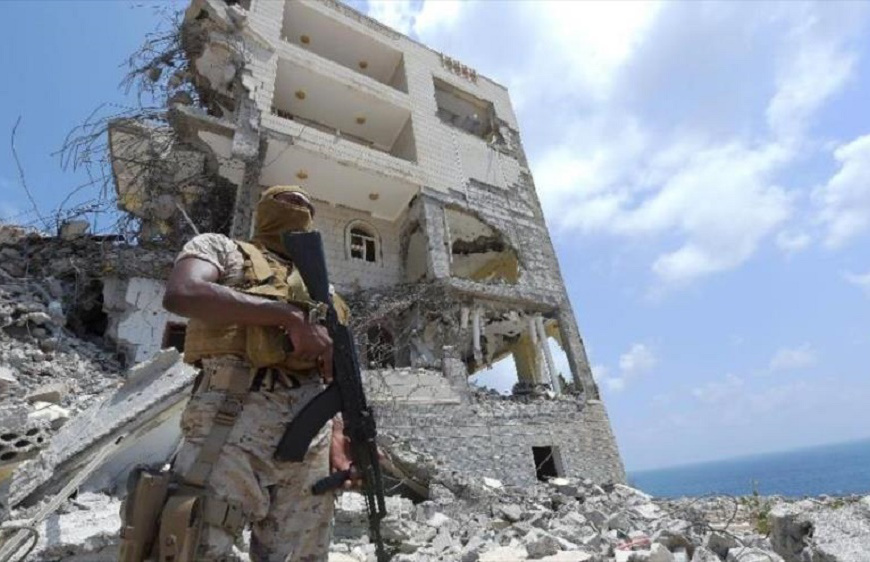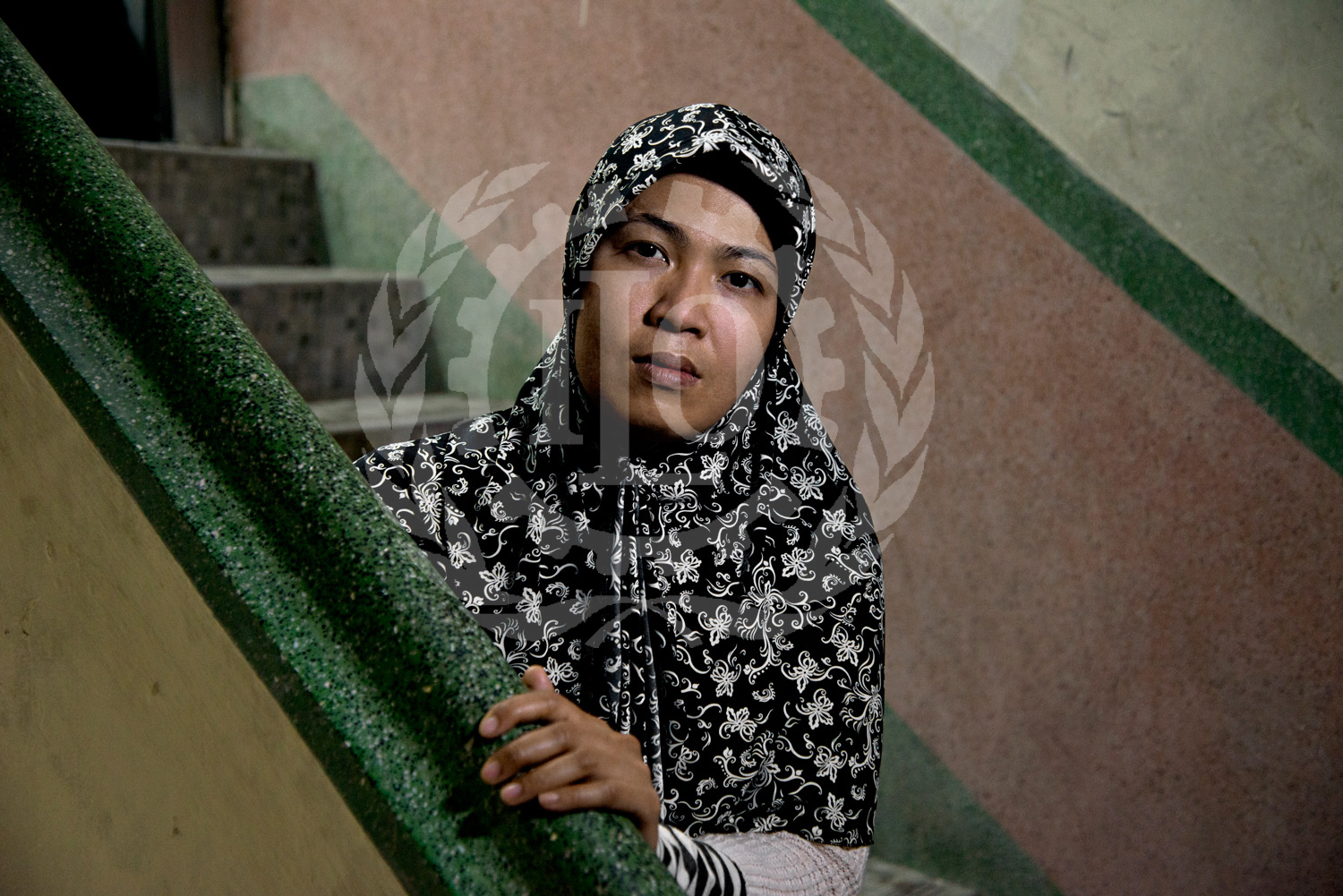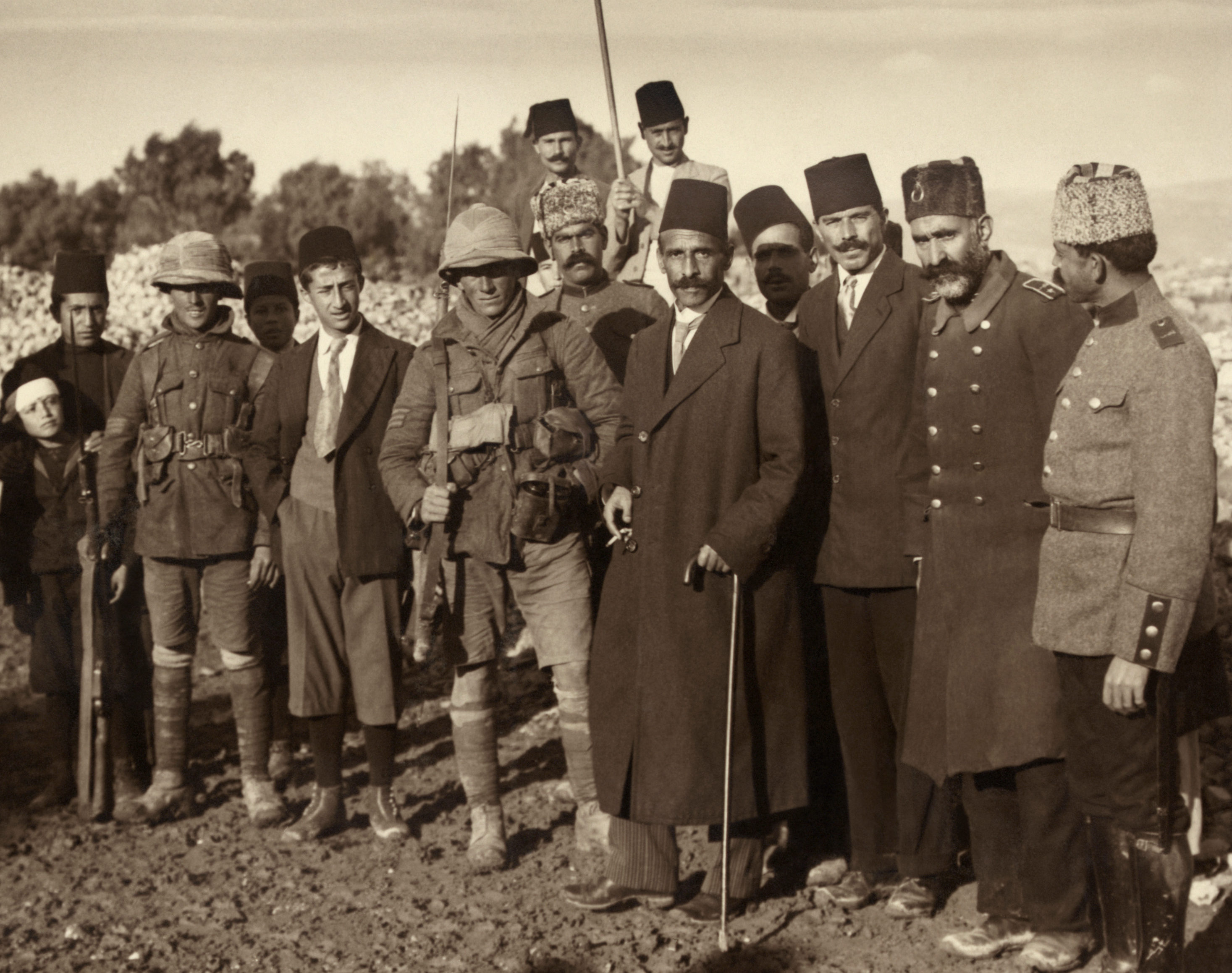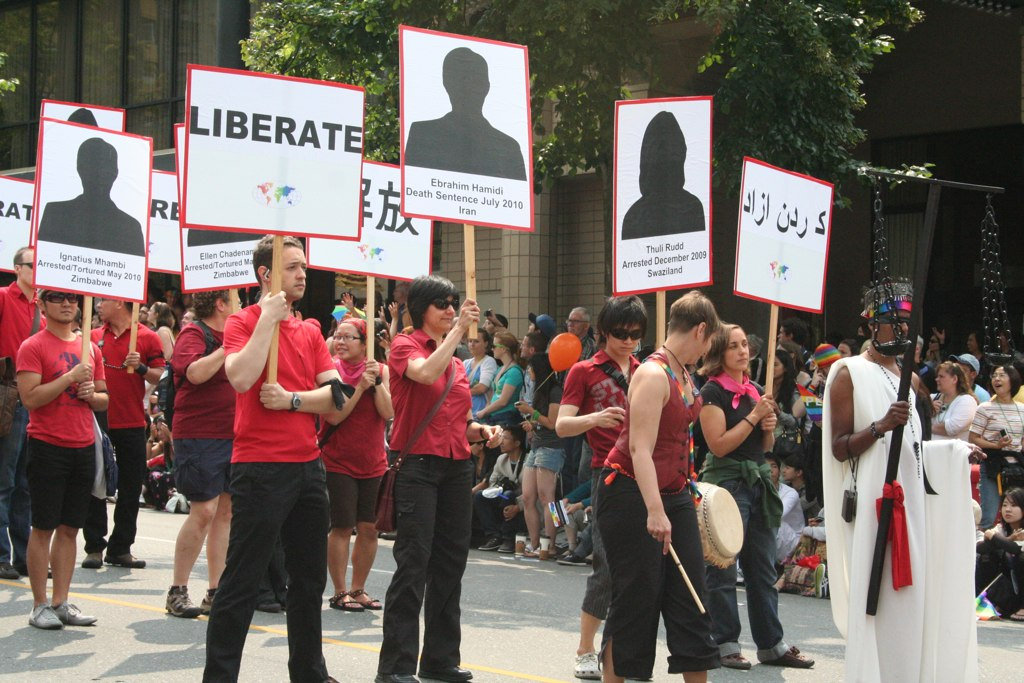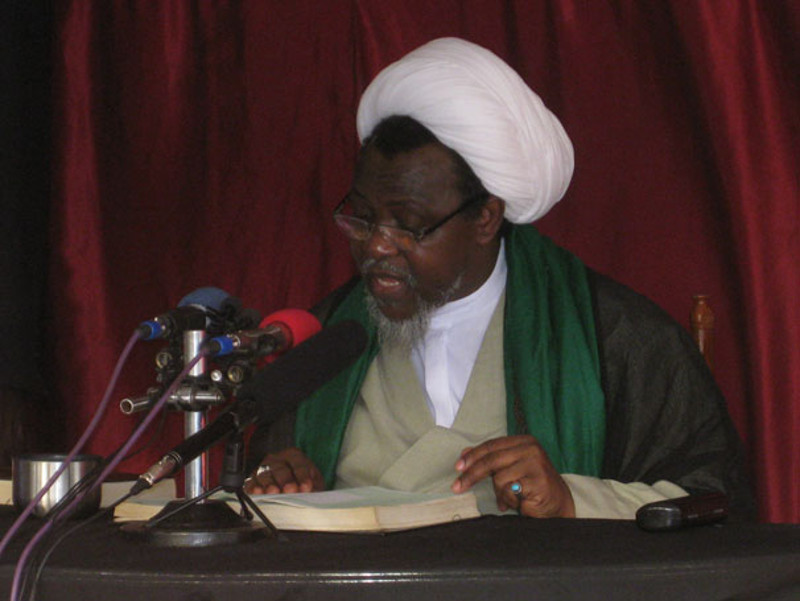The Saudi-led attack on Yemen has drawn international criticism for the extremely high civilian death toll, including many children, and the brutal war crimes that have caused widespread starvation and suffering.
So how did the Gulf kingdom and its allies get taken off a United Nations blacklist of countries which harm and kill children? Apparently, the Saudis threatened to cut funding to crucial programs, or even place the U.N. under an Islamic religious ban through a mass fatwa.
It’s a move that’s drawing renewed criticism of the Saudi role in the international peacekeeping authority, even from the highest offices in the U.N. itself.
